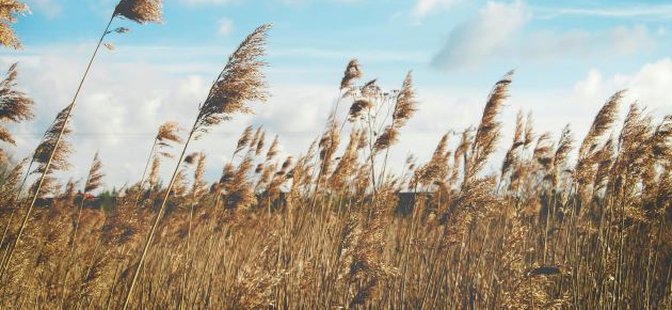
Reed occurrence and biomasses by the Archipelago Sea
The project Reed occurrence and biomasses by the Archipelago Sea will remove bottlenecks in order to promote a profitable reed business so that reeds can be harvested regularly and on a large scale, and biomass can be removed from the water for utilization. The opportunities for coastal entrepreneurs to start commercial exploitation of reedbeds will be improved by identifying available biomass and land and water ownership rights. The project will develop and apply a method combining remote sensing and field observations to reliably estimate the amount of common reed (Phragmites australis) biomass in large areas.
The versatile utilization and harvesting of reedbeds requires a systematic approach that safeguards the values of nature and recreational use. This requires an accurate mapping of the reedbeds. New technology is finally coming to the harvesting equipment, but the lifeblood of a profitable business is obtaining a permit to utilize large enough and united harvesting areas. Obtaining permits from fragmented water owners is too costly and laborious a process for individual entrepreneurs.
The project has an estimated 500–2,000 hectares of pilot areas planned for the large-scale removal of common reed. The areas will be determined together with the companies interested in the project, the EDTE-Centre and representatives of the municipalities in the area (including the cities of Parainen, Turku, Kaarina and Naantali and the municipalities of Kustavi and Mynämäki). Cartographic techniques will be used to select areas that are particularly important for water protection.
Improving water quality by removing reed is included in the objectives of both the Southwest Finland Water Management and Marine Management operational program. The project promotes the diverse and sustainable use of water bodies, the achievement and maintenance of good status, and promotes the diversity of aquatic nature. The project will also contribute to the preservation of a vibrant countryside, the improvement of the environment and the innovative and sustainable use of renewable resources. The studies and measures carried out in the project will promote the emergence of a new kind of technology and entrepreneurship.
